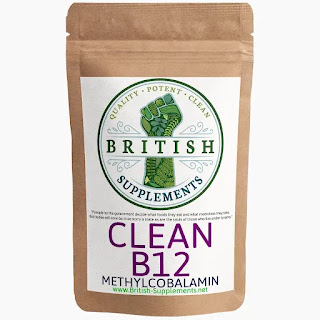How to Stop the Ringing in Your Ears with These 5 Natural Supplements.
Calcium.
Zinc.
 |
| Zinc for ear healt |
Vitamin B12.
 |
| Vitamin B12 |
Gingko Biloba.
 |
| Gikgo Biloba |
 |
| Zinc for ear healt |
 |
| Vitamin B12 |
 |
| Gikgo Biloba |
Tinnitus is common condition that affects many millions of people around the world. It is the perception of sound in the ears or head when there is no external source. Tinnitus can cause ringing, buzzing, hissing, or other noises that can interfere with your daily life and well-being.
There are many possible causes of tinnitus, such as noise exposure, hearing loss, ear infections, medications, stress, and more. However, there is no single cure for tinnitus, and the treatment options vary depending on the individual case and the underlying cause.
One of the factors that may influence tinnitus is magnesium. Magnesium is a mineral that plays a vital role in many bodily functions, including nerve signaling, blood flow, muscle contraction, bone health, and more. Magnesium also supports human hearing and protects the inner ear from damage.
Unfortunately, many people do not get enough magnesium from their diet. According to a 2016 study magnesium intake in the U.S. is known to be well below recommended levels. This may increase your potential risk of tinnitus and other health problems.
In this blog post, we will explore how magnesium can help you manage tinnitus symptoms and improve your ear function. We will also look at the different types of magnesium supplements available and how to choose the best one for your needs.
There are many types of magnesium supplements available on the market, but not all of them are equally effective or suitable for tinnitus treatment. Some things to consider when choosing a magnesium supplement are:
Of all the forms available, magnesium citrate, magnesium glycinate, and magnesium threonate are considered to be the best types of magnesium for tinnitus treatment. These forms have high bioavailability, low side effects, and minimal interactions.
You can start with a low dose of magnesium, such as 100 mg per day, and gradually increase it until you notice an improvement in your tinnitus symptoms or reach the recommended daily intake. The recommended daily intake for magnesium is 420 mg for adult men and 320 mg for adult women.
However, before taking any magnesium supplement, you should consult your doctor, especially if you have any medical condition or take any medication that may affect your magnesium levels or interact with the supplement.
 |
| Clean Magnesium L-Threonate. |
Magnesium is a mineral that can help you manage tinnitus symptoms and improve your ear function. Magnesium can reduce the excess glutamate in the inner ear, protect against noise-induced hearing loss, boost vitamin D production, and lower stress and insomnia.
However, not all types of magnesium supplements are equally effective or suitable for tinnitus treatment. The best types of magnesium for tinnitus are magnesium citrate, magnesium glycinate, and magnesium threonate. These forms have high bioavailability, low side effects, and minimal interactions.
If you want to try magnesium for tinnitus, you should start with a low dose and increase it gradually until you find the optimal amount for your needs. You should also consider speaking with your doctor before taking any supplement, especially if you have any medical condition or take any medication that may affect your magnesium levels or interact with the supplement.
Magnesium is not a cure for tinnitus, but it may help you cope with the condition and improve your quality of life. If you suffer from tinnitus, you may want to give magnesium a try and see if it works for you.
AIRPLANE CABIN AMBIENCE 10 HOURS OF WHITE NOISE FOR TINNITUS RELIEF, DEEP SLEEP & RELAXATION. Drift into deep sleep with the calming hum...
